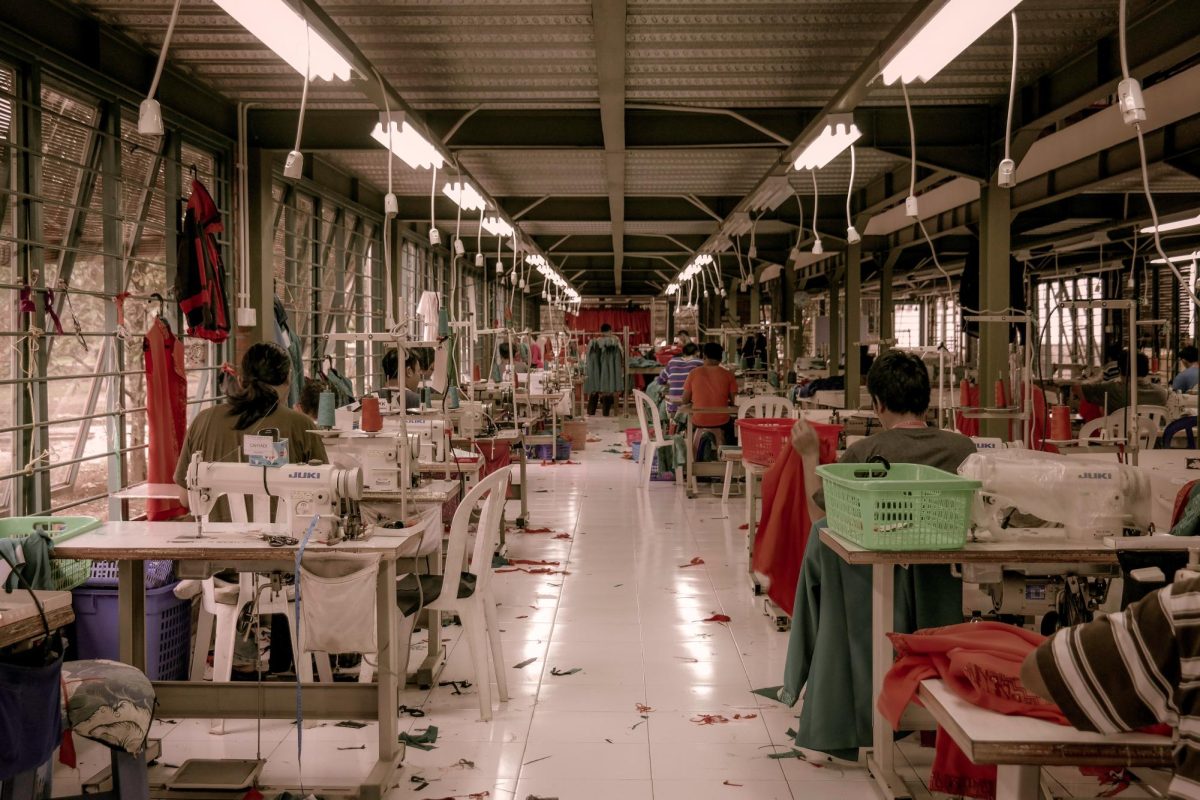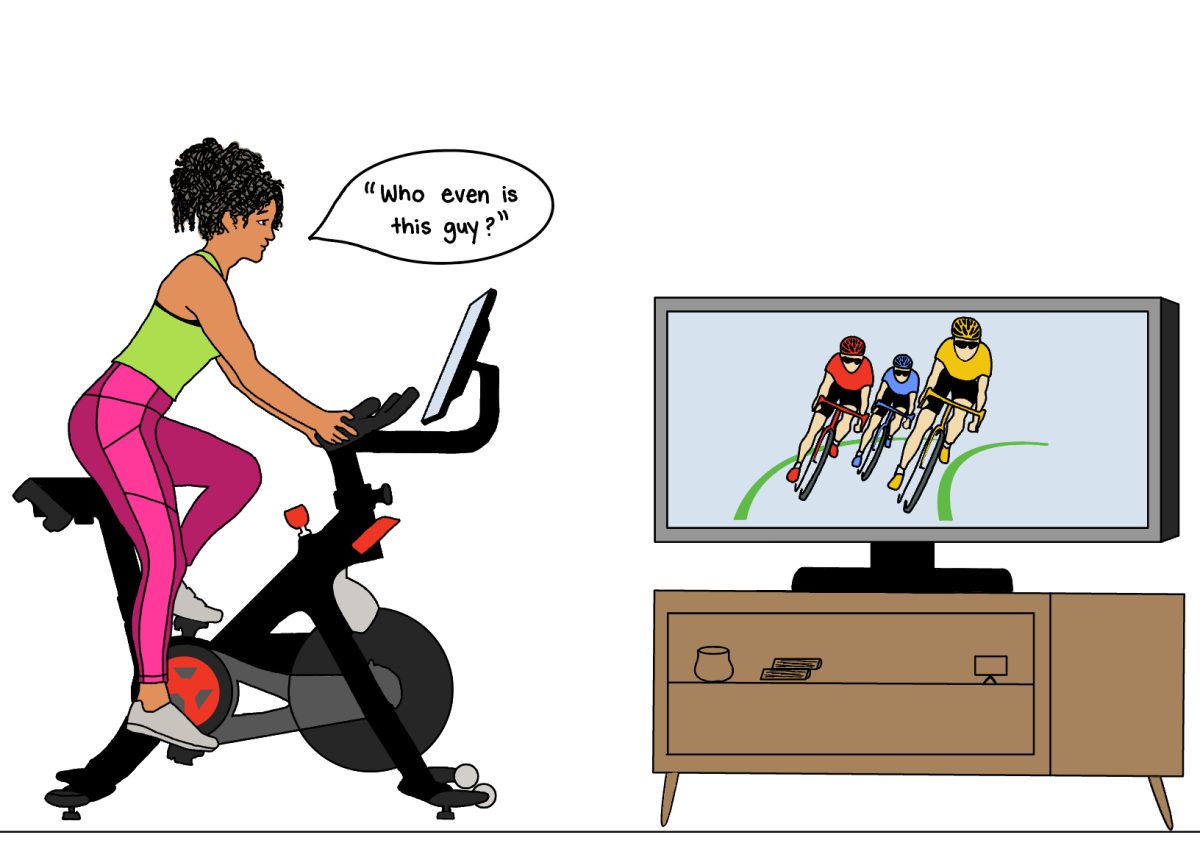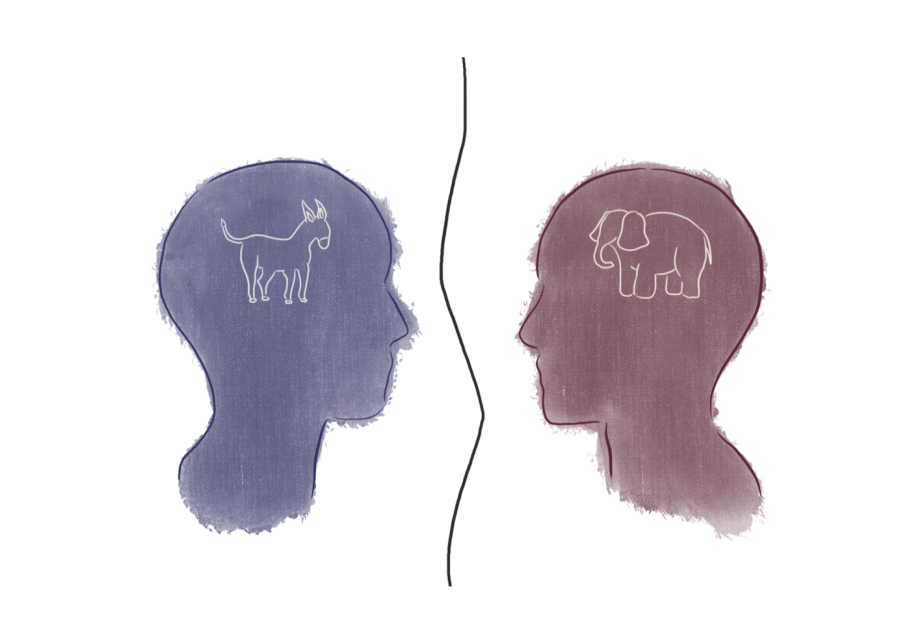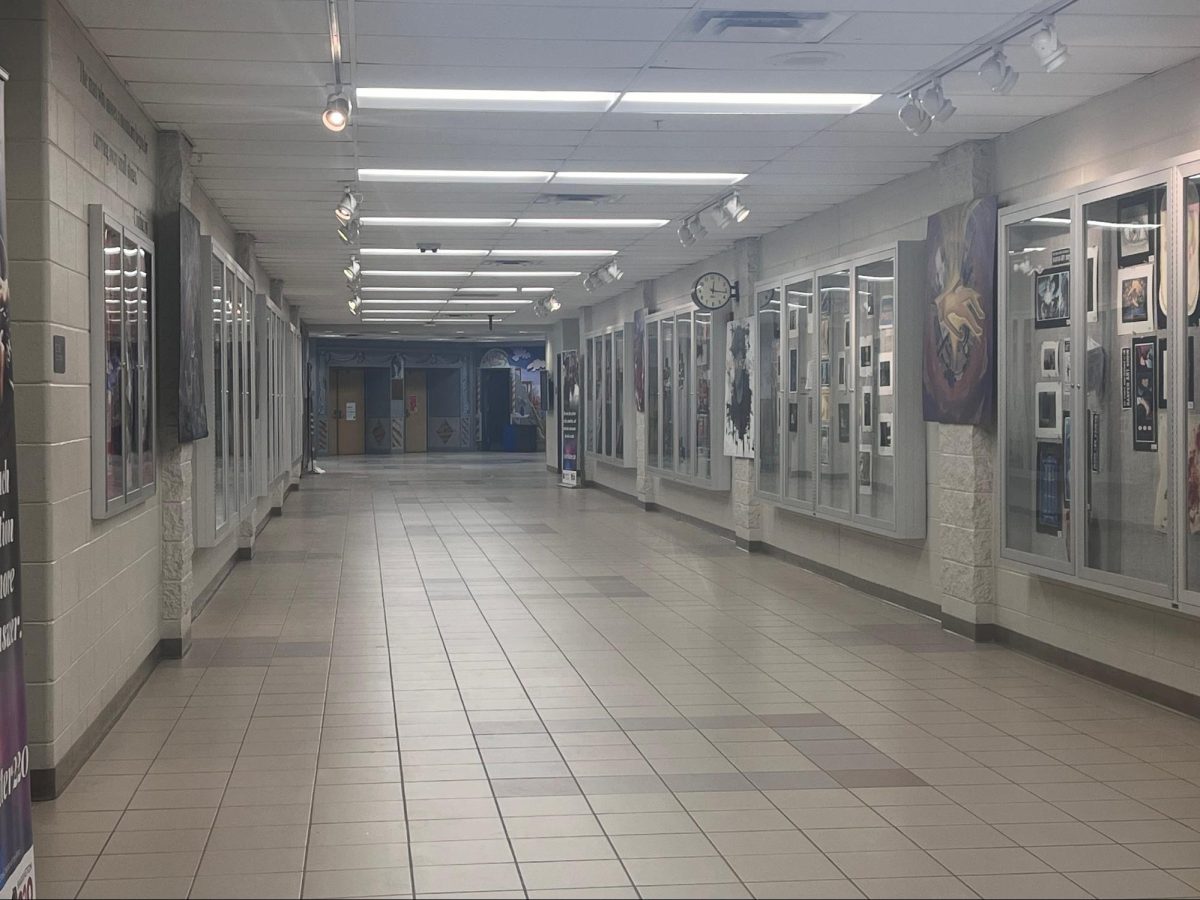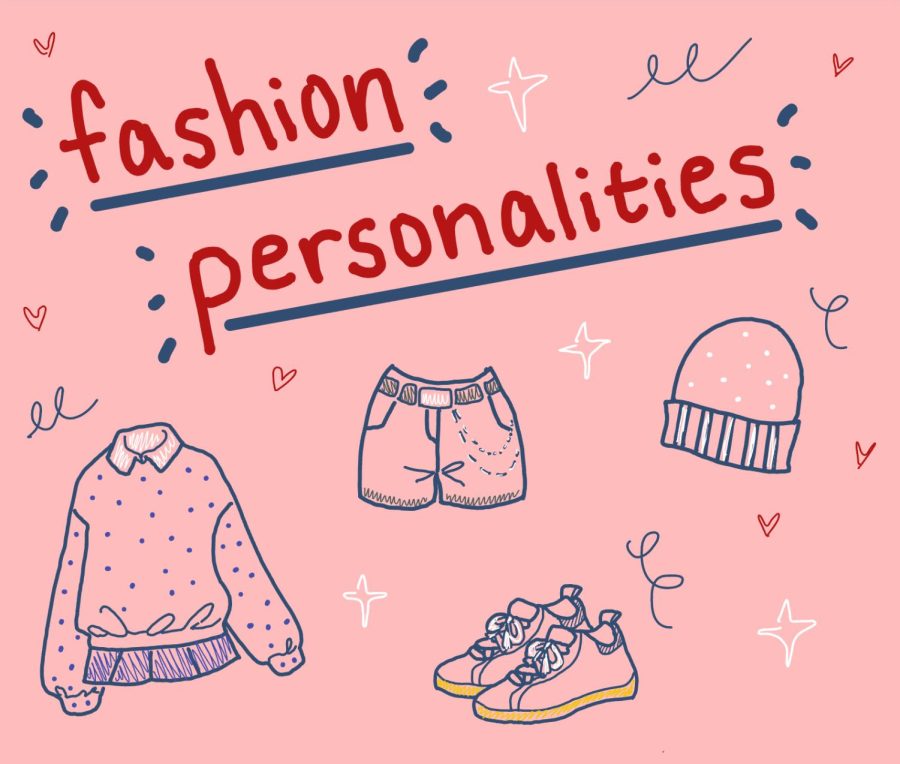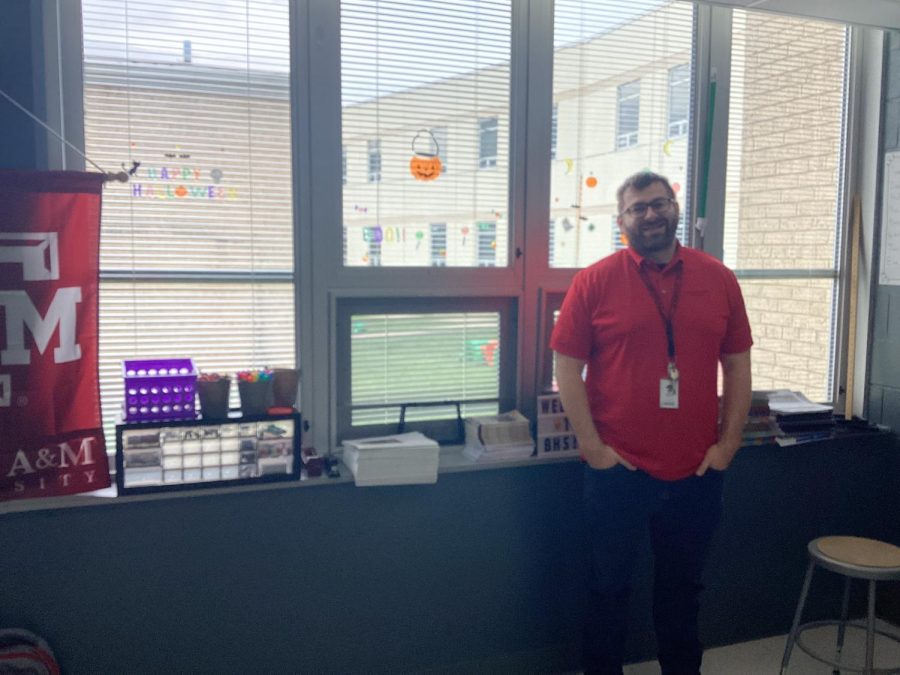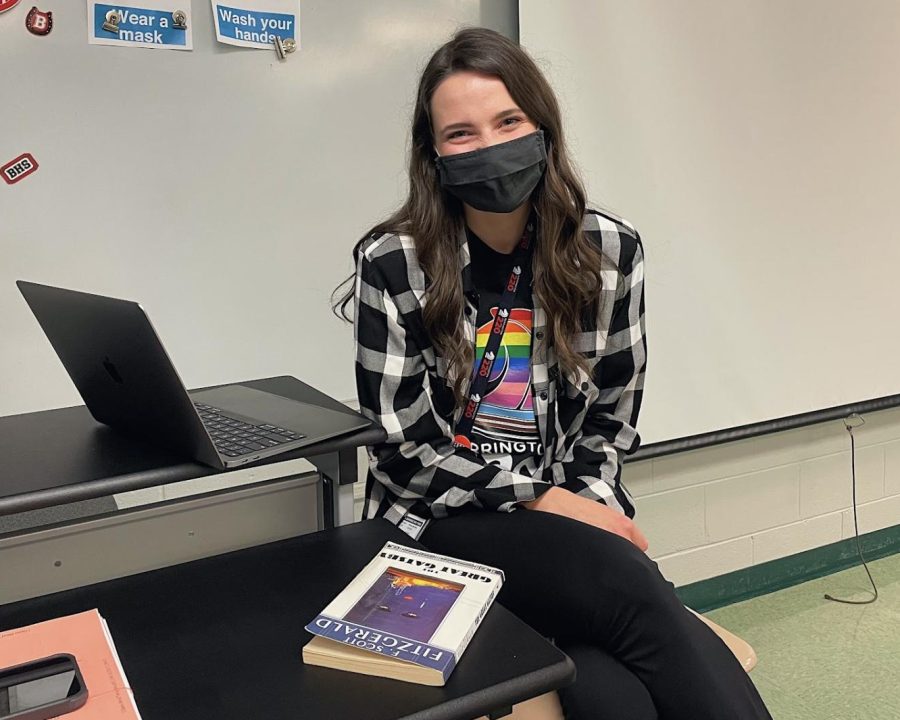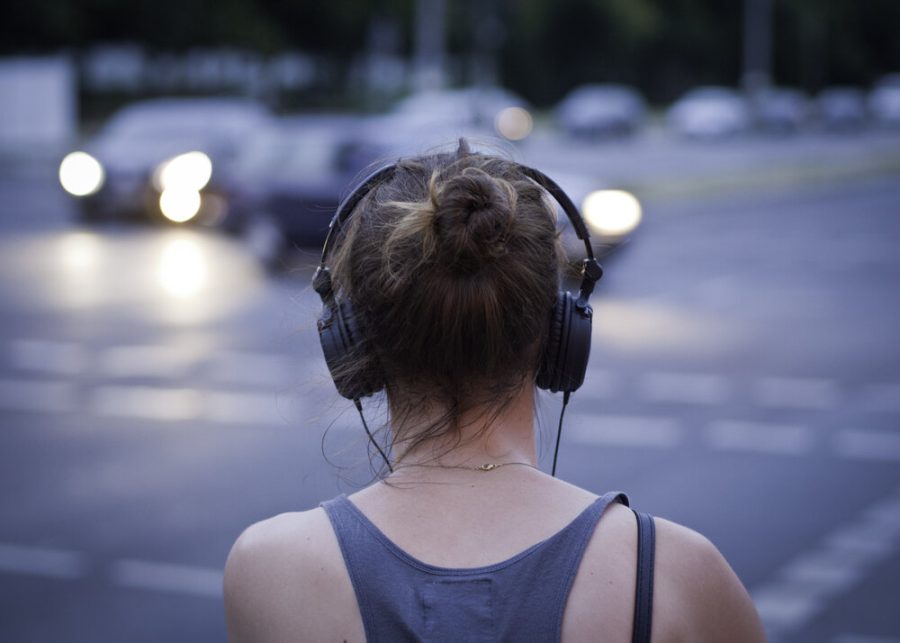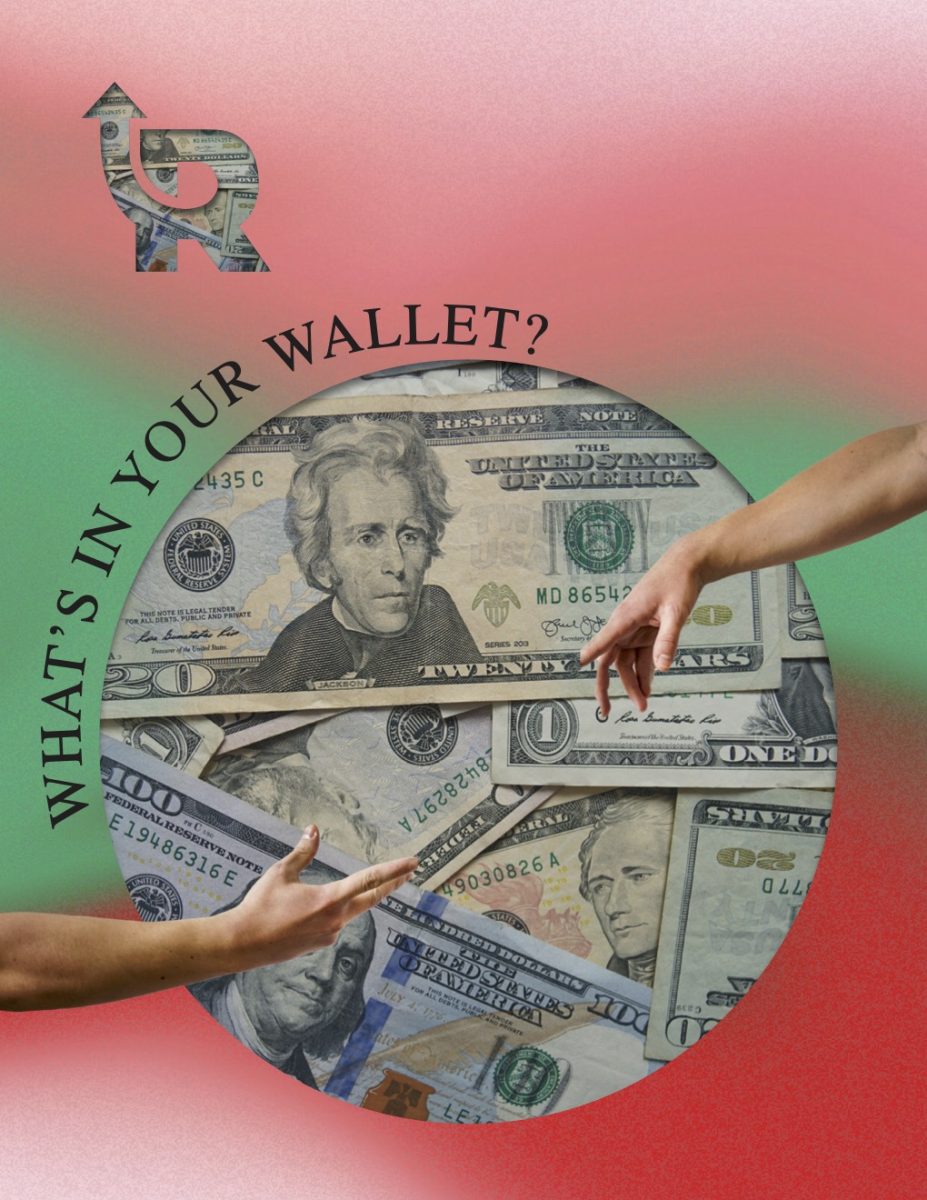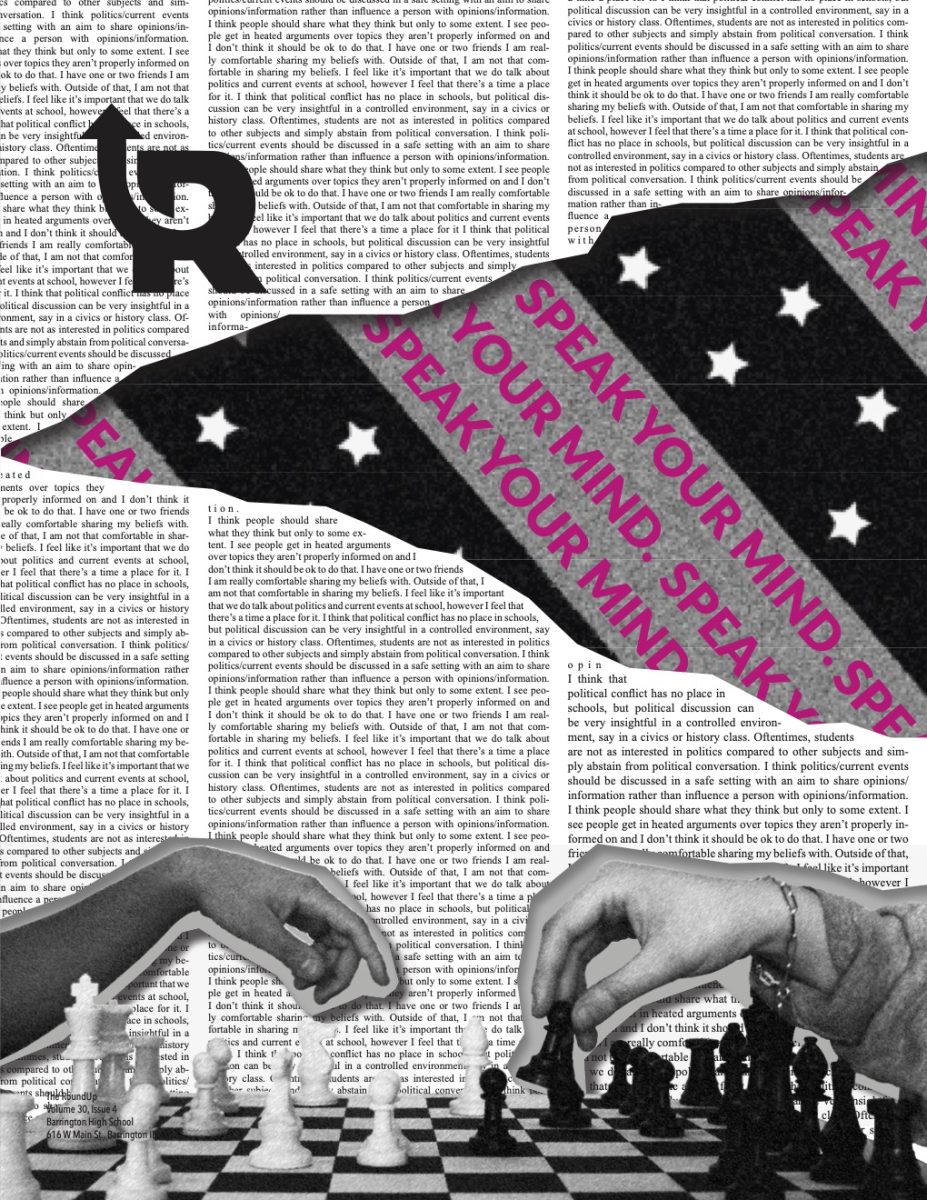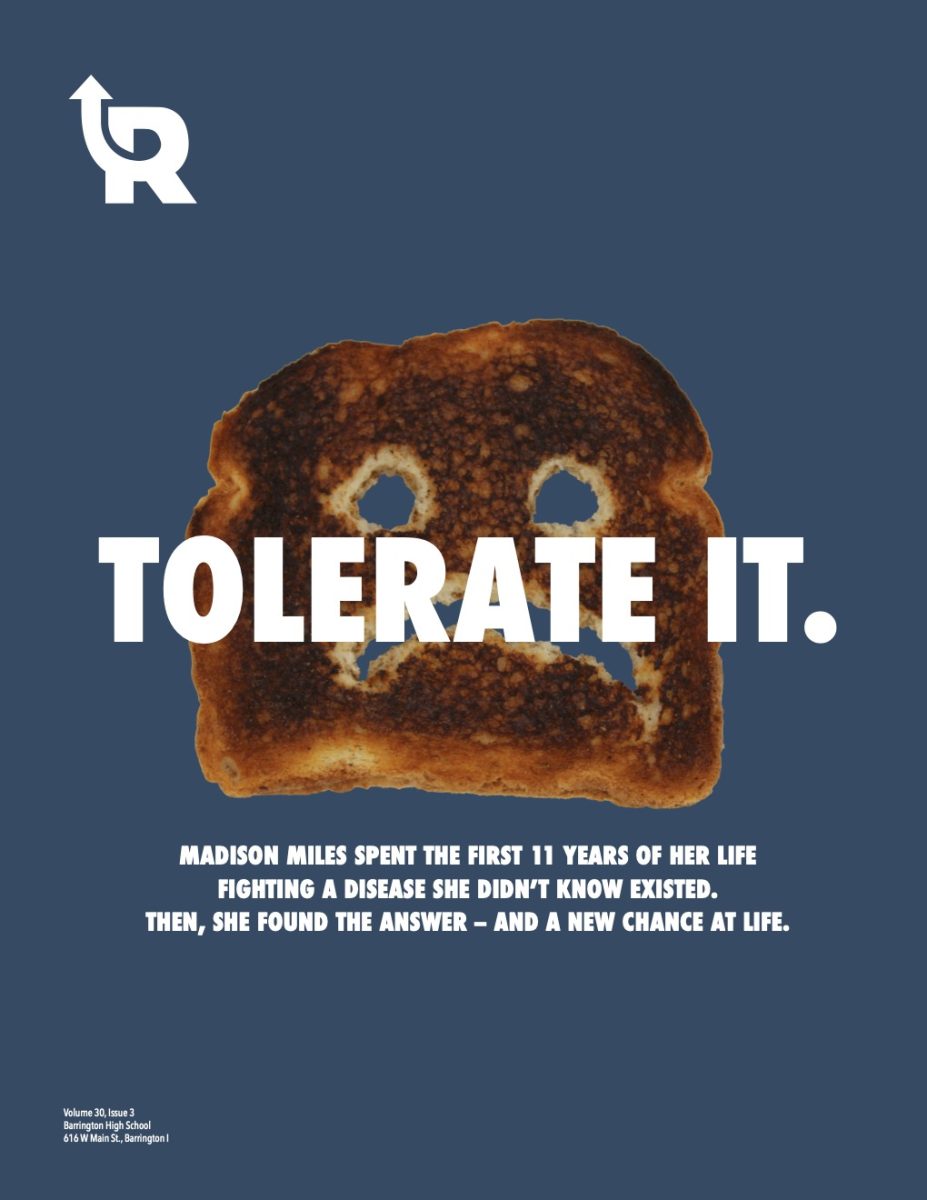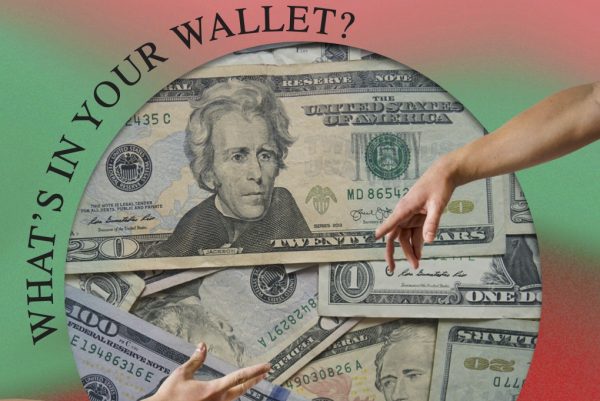Why quarantine is bad

Due to the coronavirus pandemic, society is on lockdown. Not being able to see and interact with friends, go to a physical workplace or school, and more has taken a huge toll on society socially, and more importantly, economically. The pandemic caused the largest global recession in history, with more than a third of the global population at the time being placed on lockdown. While it is the best option to keep everyone safe, quarantine has put a hold on all of society’s livelihood.
The social impact of the coronavirus is massive. Without the presence and support of friends and peers, life can become draining. Studies show that without others to love, support, and be there with you, the risk of mental illnesses such as depression increases at a noticeable rate. Along with loneliness, deprivation of social skills like manners and empathy is also an effect of not seeing people. Due to interacting with many peers, colleagues, and teachers on a daily basis, one’s social skills are put to the test every day. But because of quarantine, social skills may become lacking.
Following the social impacts of quarantine, the economy has also shifted in these unfortunate circumstances. In this new “quarantine economy,” working from home is the most impactful thing workers can do to ensure job stability. But while remote work is becoming more popular over time, access is not universal. A much larger share of high-income earners has this luxury. Many lower-wage employees do not.
A social and economic impact is shortages. Supply shortages are expected to affect a number of sectors and businesses due to panic buying, increased usage of goods to fight the pandemic, and disruption to factories and logistics; they have also led to price gouging. There have been widespread reports of supply shortages of medications, with many areas seeing panic buying and consequent shortages of food and other essential grocery items.
In conclusion, quarantine is a good way to keep society safe in these circumstances but is a real life-drainer in social and economic areas.
Your donation will support the student journalists at Barrington High School! Your contribution will allow us to produce our publication and cover our annual website hosting costs.







